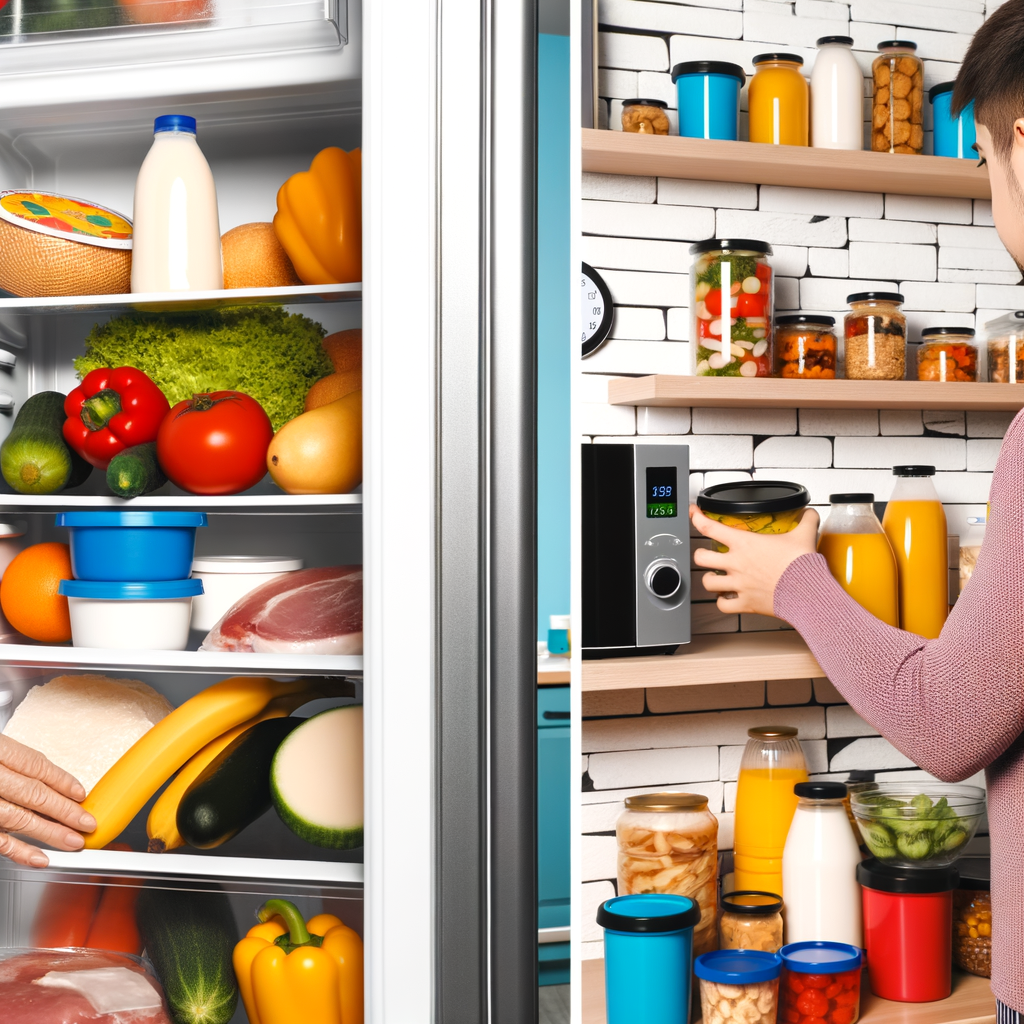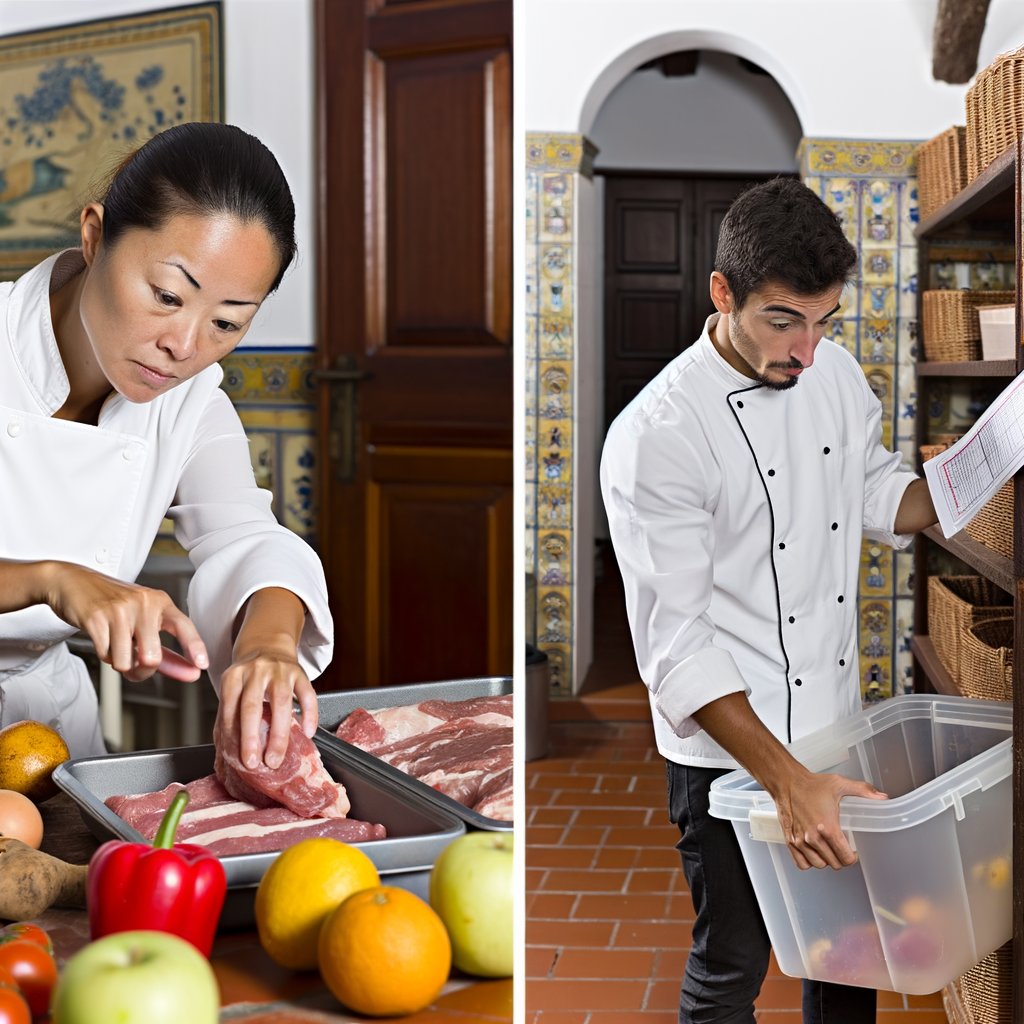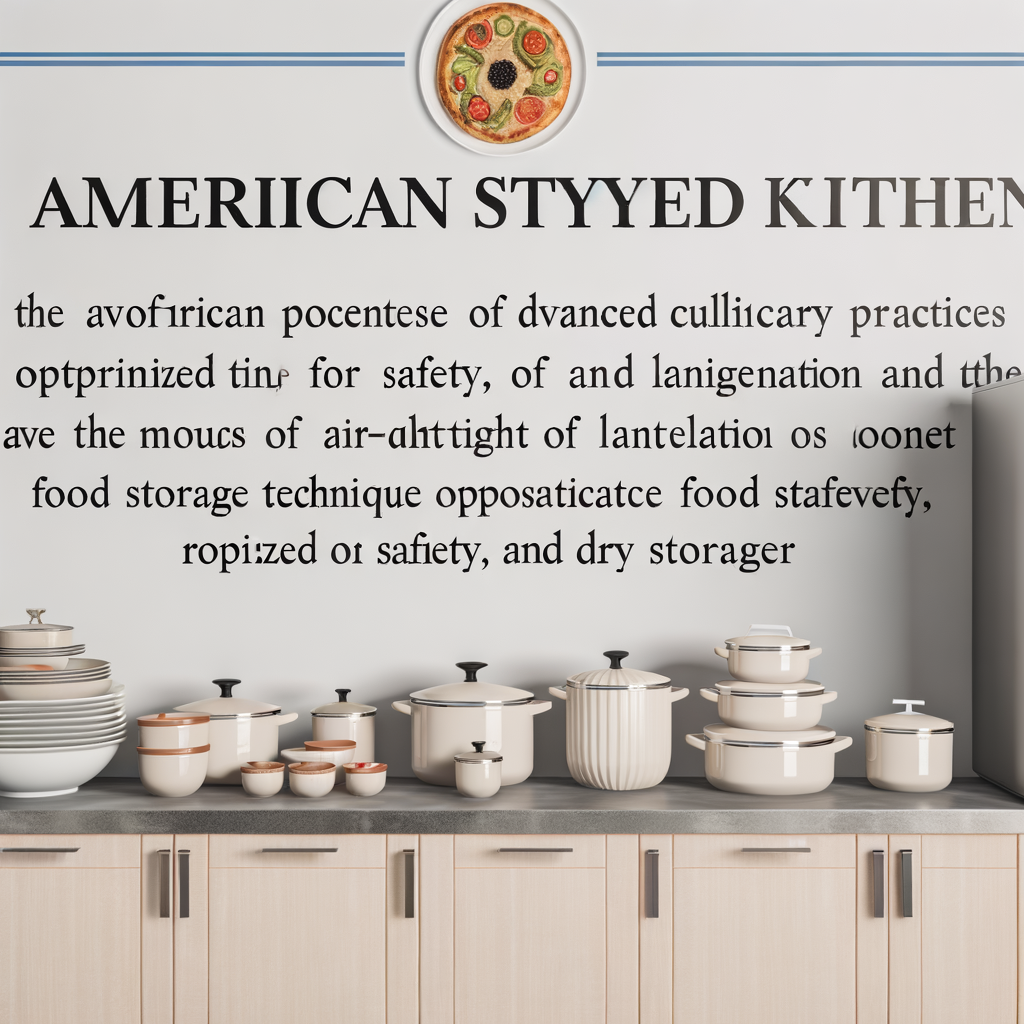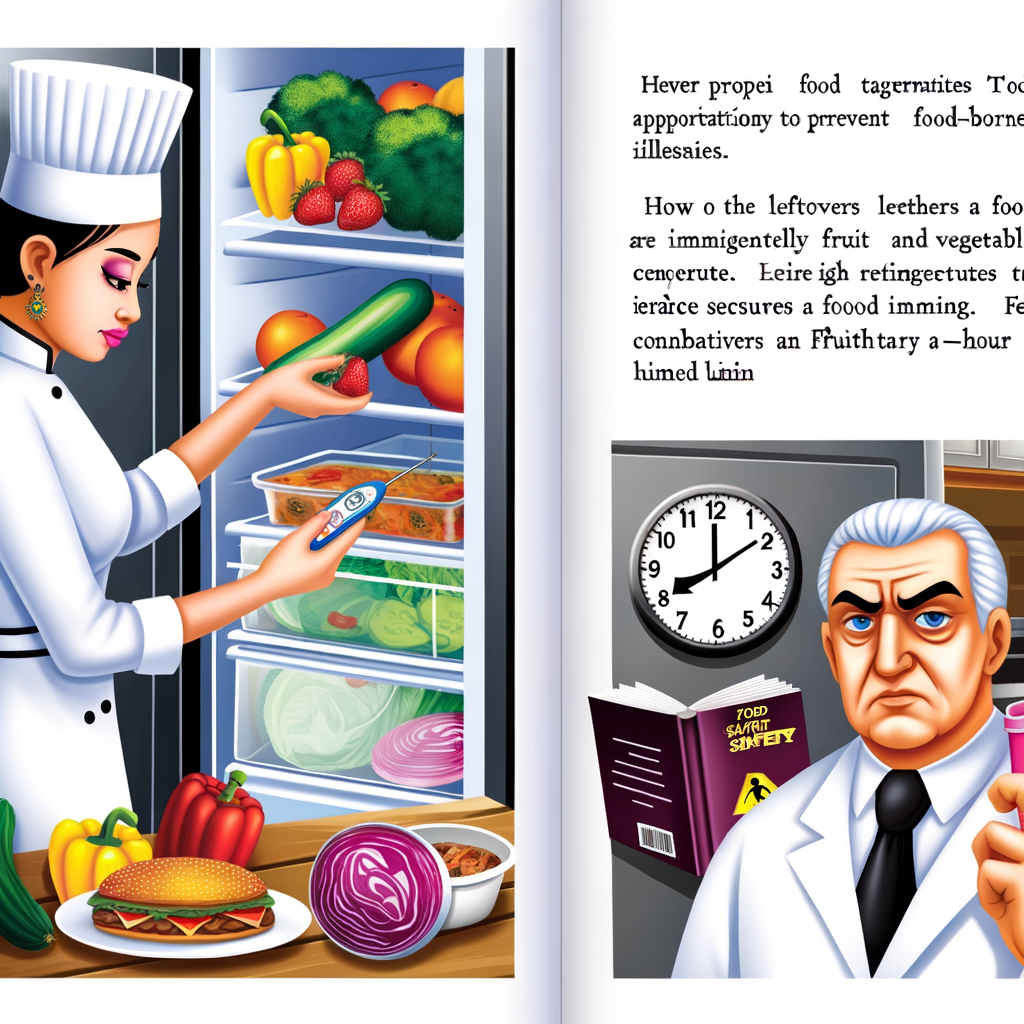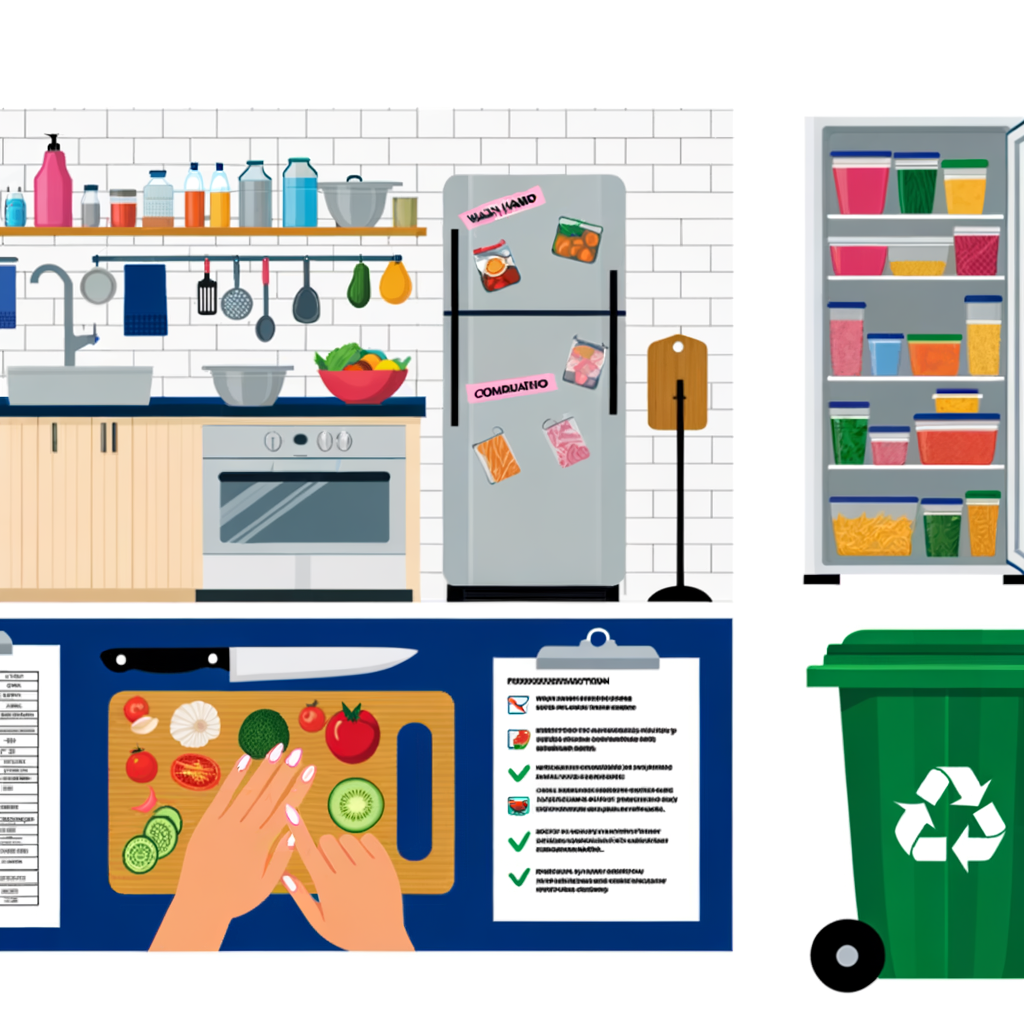As an expert chef, I understand the importance of food safety in the kitchen. One of the key aspects of food safety is proper storage. Improper storage of food can lead to contamination and foodborne illnesses. To ensure that your food stays fresh and safe, here are some tips for proper storage.
First and foremost, always store raw meat, poultry, and seafood in a separate container or on the bottom shelf of your refrigerator. This prevents any potential cross-contamination with other foods. Additionally, make sure to keep these items sealed and away from other foods to avoid any potential leaks or spills.
When it comes to leftovers, it’s important to refrigerate them within two hours of cooking. Make sure to store them in shallow, airtight containers to promote even cooling and to prevent any bacteria growth. Leftovers should be consumed within 3-4 days, and if you’re not planning on eating them, it’s best to freeze them for later use.
Another key aspect of proper storage is labeling your food. This includes dating when the food was cooked or opened and labeling what type of food it is. This makes it easier to keep track of when it needs to be consumed or thrown out.
In the pantry, make sure to store dry goods, such as flour and grains, in airtight containers to prevent any pests or moisture from getting in. And remember to always check expiration dates and discard any expired items.
By following these tips for proper storage, you can ensure that your food stays fresh, safe, and delicious for you and your loved ones.

